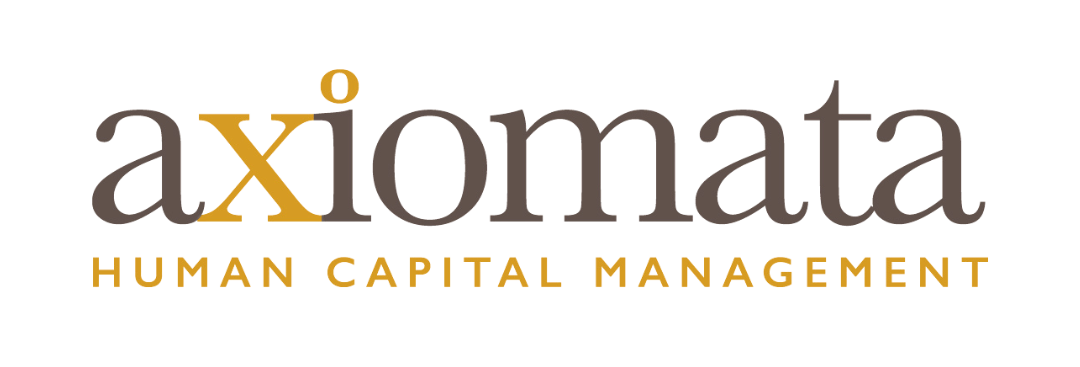The Link Between Emotional Intelligence and Mental Health
Emotional intelligence (EI) has gained attention for its impact on personal and professional success. This blog explores the correlation between EI and mental health, drawing lessons from my personal journey.
Defining Emotional Intelligence and Its Impact:
EI involves self-awareness, self-regulation, empathy, and effective communication. Research consistently shows a positive correlation between high EI and improved mental health outcomes, reducing anxiety and depression.
My Personal Journey:
Acknowledging past imperfections, my journey reveals the profound impact of EI on mental health. After a traumatic event in 2014, self-discovery through research, self-reflection, and personal coaching helped regulate emotions and improve well-being.
Linking Emotional Intelligence and Mental Health:
EI enables understanding and regulation of emotions, reducing stress and enhancing mental health. Effective communication fosters meaningful connections, reducing feelings of isolation.
Strategies for Improvement:
Practical strategies include self-awareness, empathy development, emotional regulation techniques, effective communication skills, and cultivating social connections.
Seeking Professional Help:
Professional guidance is crucial. Therapy aids emotional intelligence development, offering a safe space for self-reflection and coping mechanisms. Seeking help is a courageous step towards self-improvement.
Conclusion:
Enhancing emotional intelligence contributes to improved mental well-being. Whether in business or personal life, developing EI through professional guidance leads to success, fulfillment, and resilience.

